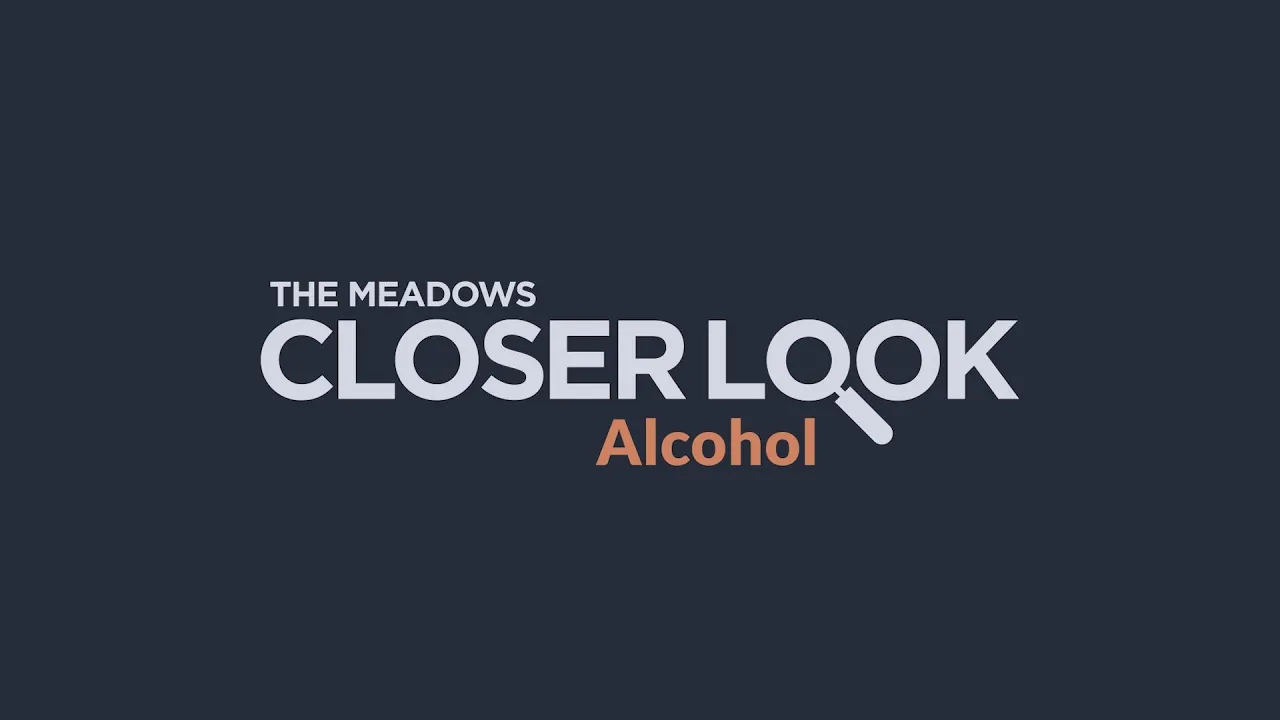Alcohol Addiction
A legal substance that isn’t always safe
Negative Effects of Alcohol
Alcohol is a depressant. Not only does it cause headaches and high blood pressure, but people who drink to excess have difficulty sleeping, experience a lack of focus, and impaired judgment. The latter leads to many getting behind the wheel when they have no business to, which puts their lives, not to mention the lives of other drivers, at severe risk.
One of the many reasons alcohol addiction needs to be taken seriously is because while it can start innocently enough, it can develop into a compulsive and unstoppable habit with real, life-altering consequences. It may feel like the cure-all for masking emotional and physical pain, but prolonged use can become alcohol addiction without your permission, severely impacting brain chemistry.
Alcohol by the Numbers
- Alcohol abuse is considered the second-leading cause of dementia, connected with 10% of diagnosed cases.
- Some struggling with alcohol addiction may not even realize how much is too much. According to The Centers for Disease and Control and Prevention, “a drink” is .6 fluid ounces of pure alcohol — the equivalent of one 12-ounce can of regular beer, five ounces of table wine, 1.5 ounces — or a single shot — of brandy, cognac, gin, rum, tequila, or whiskey.
- A binge drinker is defined as someone who downs several drinks in one sitting — four for women, five for men. Heavy drinking is classified as someone who regularly consumes a certain number of alcohol beverages over the course of a week (8 for women, 15 for men).
- In 2018, 45% of people ages 18 or older reported that they engaged in binge drinking in the past month; 6.6% reported that they engaged in heavy alcohol use in the past month.
- In 2014, alcohol-impaired driving fatalities accounted for 9,967 deaths (31% of overall driving fatalities).
- According to the Centers for Disease Control, six people die every day from alcohol poisoning, the effect of drinking too much alcohol too quickly. About 76% of the people who die are men who also tend to be non-Hispanic white Americans. Research has found that alcoholism is a factor in 30% of alcohol poisoning deaths.
- Alcohol addiction is rampant and causes a staggering 88,000 deaths (62,000 men and 26,000 women) every year.
Admissions
Our Admissions team is here to help 24 hours a day and is experienced in assisting others with compassion, dignity, and respect — hallmark values of The Meadows for more than 45 years. The Meadows’ Admissions Specialists are here to help you on your way to a healthier and more productive lifestyle. When you call, they will lead you through a series of questions to determine if The Meadows is a good fit, and how soon your treatment can begin. If you are interested in The Meadows for yourself or a loved one, call or fill out an admissions form today!
If you are interested in The Meadows for yourself or a loved one call or fill out an admissions form today!
Contact our Admissions office
 928-260-3568
928-260-3568
For international callers
 928-668-1999
928-668-1999
Or complete an admissions contact form:
Click below to start the admissions process today

